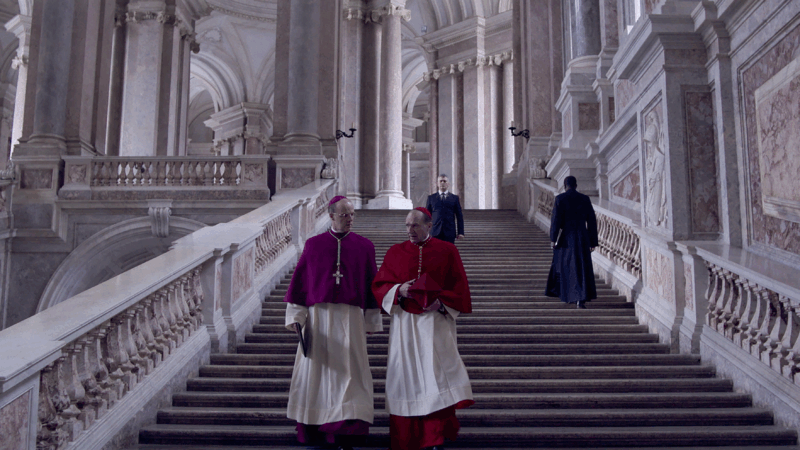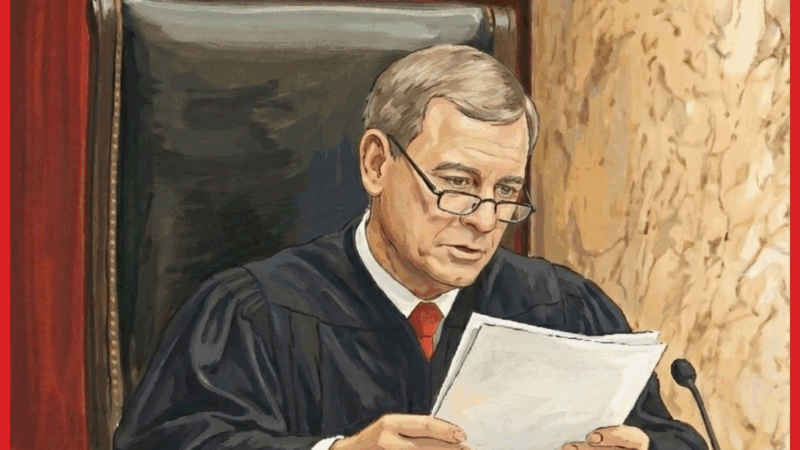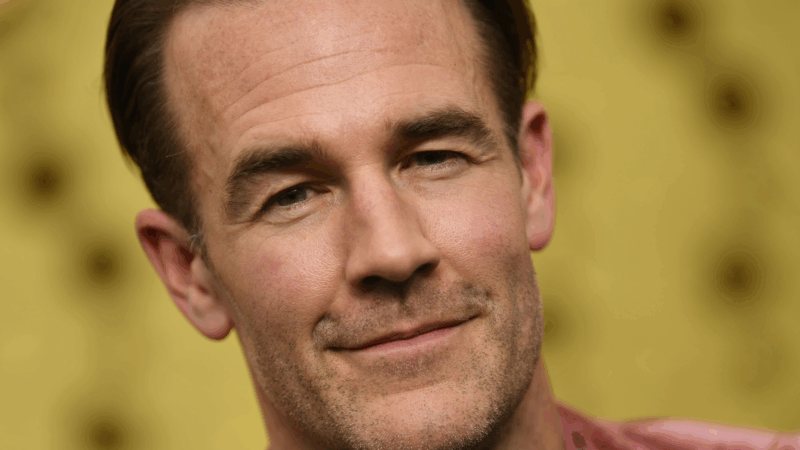Here’s what ‘Conclave’ got right — and wrong — about the selection of a new pope
This article contains spoilers for the film Conclave.
In the Oscar-winning film Conclave, the complex political structure of the Catholic Church is laid out on the big screen as the College of Cardinals gather to elect a new pope. Based on a book of the same name by novelist Robert Harris, the plot of the film is fictional, but the papal election process, known as a conclave, is real.
According to Rev. Thomas Reese, a columnist at Religion News Service with a Ph.D. in Political Science from the University of California, Berkeley, the film was quite faithful to the truth.
“The voting procedure was done very well,” Reese said: the urns that are used were perfect replicas of what is actually used in the burning of the ballots.
He noted that one of the film’s major inaccuracies was the treatment of Cardinal Vincent Benitez, played by Carlos Diehz, who was made a Cardinal in pectore, a Latin phrase that translates to “in the heart,” and refers to a process where appointments are made in secret. In reality, a Cardinal who is appointed in pectore may not participate in a conclave unless his name was announced by the pope before he died, which was not the case in the film.
Reese is the author of multiple books on the Catholic Church, including Inside the Vatican: The Politics and Organization of the Catholic Church, which details the conclave process. The process itself, Reese explained, takes place in a no-external contact environment with all the Cardinals under the age of 80 until they reach a two-thirds majority consensus.

The Cardinals are not alone. The Casa Santa Marta, in the film and in real life, is run by nuns who — as Isabella Rossellini’s character, Sister Agnes says — are meant to be invisible, but have nevertheless been given eyes and ears.
In the film, Sister Agnes — who runs the Casa Santa Marta — comes to the aid of Sister Shanumi, a nun who had a secret relationship and child with one of the front-runners for pope.
Caetlin Benson-Allott, director of Film and Media Studies at Georgetown University, noted the interesting positioning of those two women characters.
“What I really liked about that is you see both sides, you see the possibility for the nuns to take a more active role, as Cardinal Bellini suggests that they should, and you also see the history of sexual abuse and also the exploitation of women in the Catholic Church,” Benson-Allott said.
At the end of Conclave, Cardinal Benitez reveals that he is intersex, furthering the film’s commentary on gender roles in the Church.
“The way Benitez talked about finding out that he is intersex affirms both the normality and the beauty of intersex identity and harkens back to things that both Lawrence and Bellini were saying earlier in the film about the needs for progress,” Benson-Allott said.
A more progressive Church is championed by Cardinal Lawrence, played by Ralph Fiennes, and Cardinal Bellini, played by Stanley Tucci. Though each of them, at some point, are strong contenders for the papacy, neither is elected in the end.
Sister Susan Francois is the assistant congregation leader in New Jersey for the Sisters of St. Joseph of Peace. She said the human elements of the election process rang most true for her in the film.
“While we wish and hope and pray that it is entirely a spiritual discernment process, we are only human beings,” Sister Susan said. “It’s impossible not to have the egos, worries, concerns to not come to light, but yet as people of faith I think the sisters hope and pray and desire to be guided more by the light of the Holy Spirit.”
Reese concurred that this complicated political campaigning exists throughout the Church.
“The Church, we often say, is a divine institution governed by men, and they are not all angels and saints,” Reese said. “Even when you have people of goodwill who are working for the best of the church, for the welfare of the church, there will be disagreements … that’s human and that’s normal.
AI brings Supreme Court decisions to life
Like it or not, the justices are about to see AI versions of themselves, speaking words that they spoke in court but that were not heard contemporaneously by anyone except those in the courtroom.
These monks’ walk for peace captivated Americans. It ends this week
A group of Buddhist monks walked from Fort Worth, Texas, to Washington, D.C., in the name of peace. The 108-day pilgrimage captivated Americans.
The airspace around El Paso is open again. Why it closed is in dispute
The Federal Aviation Administration abruptly closed the airspace around El Paso, only to reopen it hours later. The bizarre episode pointed to a lack of coordination between the FAA and the Pentagon.
‘Dawson’s Creek’ star James Van Der Beek has died at 48
Van Der Beek played Dawson Leery on the hit show Dawson's Creek. He announced his colon cancer diagnosis in 2024.
A Jan. 6 rioter pardoned by Trump was convicted of sexually abusing children
A handyman from Florida who received a pardon from President Trump for storming the U.S. Capitol on Jan. 6, 2021, was convicted on state charges of child sex abuse and exposing himself to a child.
A country-pop newcomer’s debut is your reinvention album of 2026
August Ponthier's Everywhere Isn't Texas is as much a fully realized introduction as a complete revival. Its an existential debut that asks: How, exactly, does the artist fit in here?






